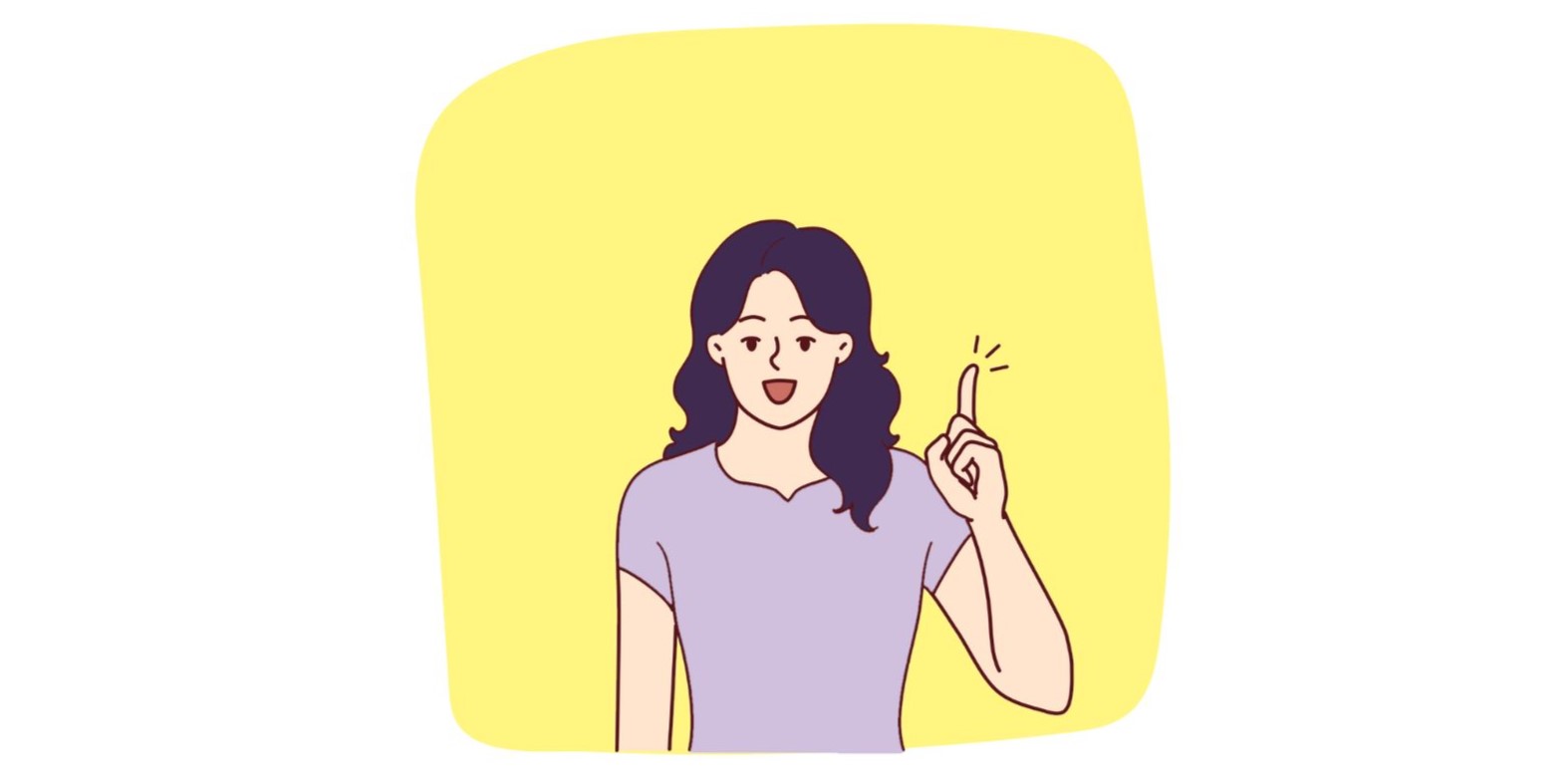Work in Progress! We are building a new website about supported decision-making. We haven't finished checking the content yet. We want to make sure everything is clear and correct before we share it. Please come back soon to see the finished website.
Make the decision
The decision-maker chooses the option that feels right for them after thinking about their choices. Making decisions can build confidence.

For decision-makers
- This is YOUR decision
- You have the right to choose what you want
- Your choice matters most
- It's okay to take your time
- You don't need to make a perfect choice - just the right choice for you
For the supporter
- Listen carefully. Pay attention to all forms of communication - words, gestures, expressions
- Respect the choice. You don’t have to agree with the choice being made
- Build confidence. Celebrate the choice, not just the outcome
Take action
Make the decision real. This might include
- Make an easy-to-understand record of the decision
- Make a clear plan
- Arrange the right support
- Make sure everyone involved understands the decision and the plan
- Put the decision into action!
- Be flexible
- Be ready to make changes
Will's story
Will has moved out to live on his own. Will makes some decisions on his own. Some decisions he wants help with, like medical decisions.
Will has become more confident about making day-to-day decisions. He knows he can ask his support team if he wants help with a hard decision.
You can meet Will in this video. This video is two and a half minutes long. This video is shared from Tennessee Council on Developmental Disabilities.
Video transcript
On-screen: Supported decision-making with Will McMillan. Will McMillan, self-advocate.
Will speaks:
Support decision making is that you are making decisions but you're also actually getting help from other people.
On-screen: Signage for Council on Developmental Disabilities. Lauren Pearcy, Council Director of Public Policy.
Lauren: One of the most important things about being human is feeling that you have control over your life and that you understand and feel good about what decisions you're making.
Will: Decisions I would make on my own would be deciding what I want to eat, and also check my mail when I need to, check in with friends, my parents, and my siblings.
Lauren: We all use supported decision making every time you ask for advice from a friend, family member- you may ask advice from a professional when you're making a medical decision.
Will: Some decisions I need help with. Who do I ask that help me make decisions on my own? Would be my peers, my parents, and friends in the community.
I look for people that I trust and care about me. Some decisions I like to get help with would be definitely medical decisions. Sometimes you may not know what they are and that there's always good people that can help. My mom helps me make decisions on talking to my doctor. She helps explain what's going on.
Making decisions to live on my own is important. I prepare myself for work. I have my clothes that I can lay out on my bed and I make that decision on my own to do that.
I might make mistakes but I learn to pick myself up and keep going.
My mistake would be drinking too much caffeine. I had to learn to cut back.
I'm learning how to cook. I get to find my own recipes. I find my own meals or I actually have meals that are left over from dinners or lunch. It feels great that I can live on my own and have my freedom.
Lauren: Whether we have a disability or not, very well-intentioned supporters can sometimes make decisions about our life or try to really influence decisions about our life.
Will: It's your life. When I make a tough decision it would be something that might be hard and a challenge, but I'm up to the challenge. But, like I said, you have a group behind you. The reason why you have that support group is because they know what you want
and they'd like to help support you.
If you need help making decisions, go to your full support team and they will have your back.
Text on screen: The Council on Developmental Disabilities is working to advance independence and self-determination for people with disabilities. Join us. tn.gov/cdd
Council on Developmental Disabilities